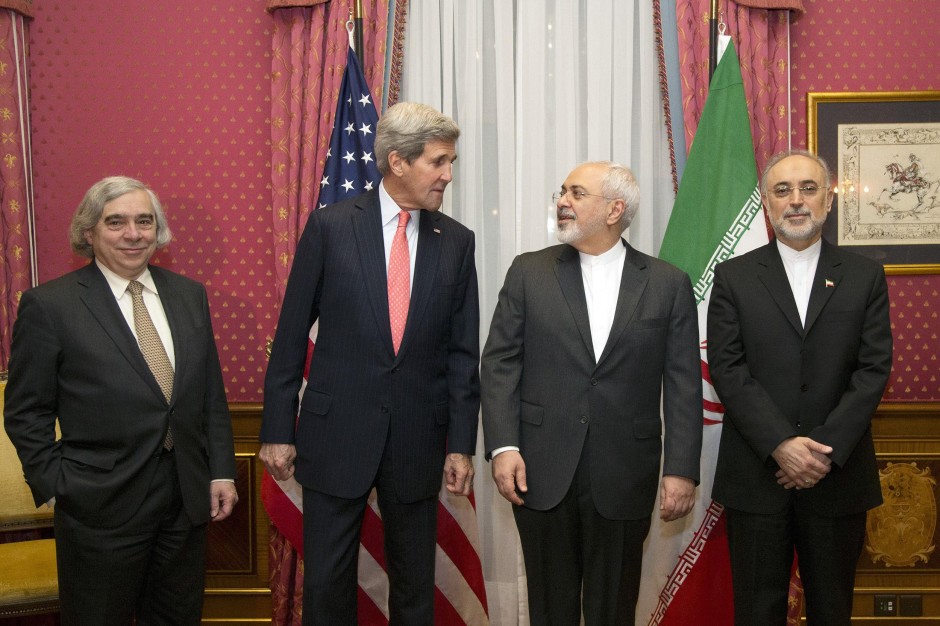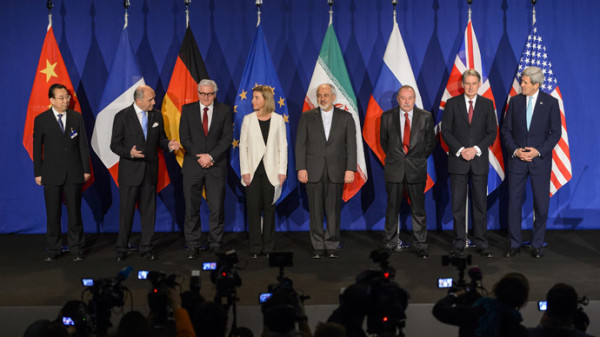
Israeli Prime Minister Benjamin Netanyahu claims that the framework nuclear agreement signed by the six major powers and Iran in Lausanne on April 2, following eight days of gruelling talks, exceeds his worst fears and threatens Israel’s survival.
What he fails to mention is that it will probably save the Middle East from another war.
The accord is intended to constrain Iran’s nuclear program in exchange for a lifting of sanctions. Netanyahu thinks it does not go far enough and warns that Iran cannot be trusted to abide by it.
In a testy phone conversation with Netanyahu, U.S. President Barack Obama said that it “cuts off every pathway” for Iran to build an atomic arsenal, reduces by two-thirds the number of installed centrifuges Iran may operate, subjects Iran to the most intrusive inspections regimen in history, and represents “significant progress toward a lasting, comprehensive solution.”
These onerous restrictions might have satisfied Netanyahu if Iran had not been so viscerally hostile to Israel. But it is and Iranian truculence, naturally, brings out Israel’s anxieties and fears.
Iran — Israel’s most formidable enemy — supports and arms proxies like Hamas and Hezbollah, which have fought wars with Israel. The theocratic Iranian regime regularly calls for Israel’s destruction in bold and abusive language. Its supreme leader, Ayatollah Ali Khamenei, recently issued a detailed blueprint for Israel’s dismantlement. On March 31, Mohammad Reza Naqdi, the commander of Iran’s Basij militia, baldly said that erasing Israel from the map is “non-negotiable.”
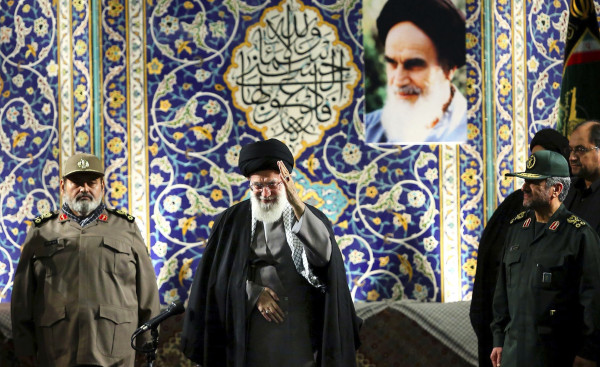
In an ideal world governed by utopian principles, the major powers would have acceded to Netanyahu’s maximalist demands, forcing Iran to close down its nuclear program completely, in line with Libya’s action in the late 1990s. Iran would have been banned from enriching uranium, even to three percent purity. Iran, too, would have been compelled to destroy its centrifuges and reactors. And Iran would have had to close its uranium mines.
Netanyahu’s endgame was to strip Iran of its nuclear assets and capabilities, leaving Israel as the sole nuclear-armed state in the Middle East. In real world terms, however, Netanyahu’s vision of a “better” deal was a pipe dream, an unattainable objective.
Realistically speaking, the agreement reached in Switzerland between Iran, the United States and its partners — Russia, China, Britain, France and Germany — was the best possible one under the circumstances. Iranian negotiators would not have made more concessions. And if the talks had failed, Iran would have accelerated its efforts to further develop its nuclear prowess.
It’s clear that Iranian President Hassan Rouhani was determined to bring back an agreement so that Iran would not be subjected to endless sanctions, which have strangled its oil-based economy. In return, he was prepared to scale back Iran’s nuclear program significantly. Iran’s foreign minister, Mohammad Javad Zarif, was consistently upbeat, claiming that an agreement lay on the horizon and that efforts by Israel to exact much tougher terms from Iran would be fruitless.
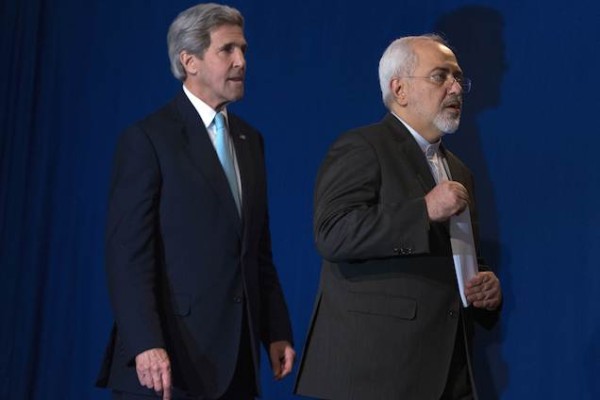
He was right.
Netanyahu lobbied vigorously against the emerging agreement. In a speech to a joint session of the U.S. Congress early last month, he described it as a “very bad” deal and urged the Obama administration to scuttle it altogether. Although he failed to derail it, he can take credit for having convinced the United States and the major powers that only sanctions would bring Iran to the negotiating table.
The Lausanne deal builds on the interim agreement of November 2013, which Iran has fully observed, says U.S. Secretary of State John Kerry. According to the European Union’s chief foreign policy official, Fredrica Mogherini, the two sides reached “solutions on key parameters of a comprehensive political solution.”
They have until June 30 to iron out remaining differences and sign a final historic agreement.
The latest agreement is imperfect. Iran’s nuclear infrastructure will remain intact, as Netanyahu has pointed out. And when the agreement expires after 15 years, Iran will apparently be free to produce as much enriched uranium as it wishes. This is a problem that will surely be addressed in the future.
Nevertheless, the agreement is a step in the right direction.
According to its parameters, Iran will not enrich uranium over 3.67 percent over the next 15 years. Iran will drastically reduce its stockpile of low-enriched uranium. Iran will not build new enrichment facilities or heavy water reactors for 15 years. Iran’s current two to three month breakout timeline to an atomic weapon has been extended by at least 10 months. International inspectors will have unfettered access to all of Iran’s nuclear facilities. Iran will ship spent nuclear fuel out of the country, possibly to Russia. Sanctions will snap back if Iran fails to abide by its commitments.
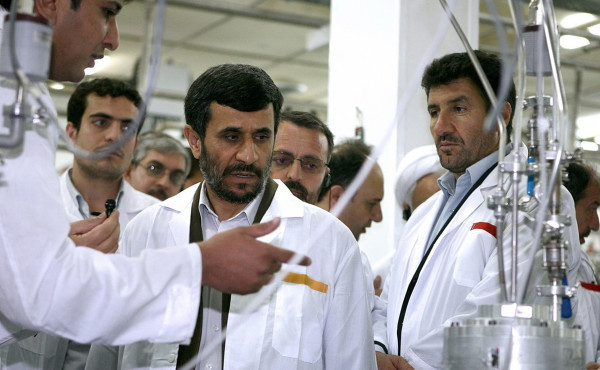
Not bad at all.
In keeping with the United States’ iron-clad commitment to Israel’s security, Obama has assured Netanyahu that its raison d’etre is to prevent Iran from becoming a nuclear power.
This is the key to the entire exercise, something Netanyahu chooses to ignore or downplay.
“We will not let Iran acquire a nuclear weapon,” asserted U.S. Vice President Joe Biden last December. “Period. End of discussion. It will not happen on our watch.”
Kerry has issued an identical assurance: “President Obama has never wavered — Iran will not get nuclear weapons.”
Beyond reiterating this promise, Obama has assured Netanyahu that the agreement does not diminish U.S. concerns “with respect to Iran’s sponsorship of terrorism and threats towards Israel.” This is an important point.
Netanyahu, though, remains skeptical.
Yesterday, on the eve of Passover, he demanded that a final agreement must include a “clear and unambiguous” clause of “Iranian recognition of Israel’s right to exist.” The United States quickly rejected his demand, explaining that it’s about Iran’s nuclear ambitions, nothing else.
Netanyahu’s demand is not unreasonable, but it will never be fulfilled unless Israel normalizes its relations with the Palestinians within the framework of a formal peace treaty. This will not happen any time soon, given Netanyahu’s opposition to a two-state solution.
In the meantime, it would be fairly safe to assume that the accord has, for all intents and purposes, effectively removed Israel’s military option against Iran. With the major powers and Iran closing in on a final agreement, Israel would be extremely foolhardy to strike Iranian nuclear sites. Calibrated bombing raids would cause only minimal damage, inflame international opinion and further isolate Israel.
It would not be worth the effort and would be counter-productive. Iranian retaliation would be swift and massive, causing unacceptably high Israeli casualties, staggering property damage and possibly a protracted regional war.
The Iranian file can be closed only through hard and persistent diplomacy. The Lausanne agreement brings both sides closer to that objective.
War is certainly not the answer.
